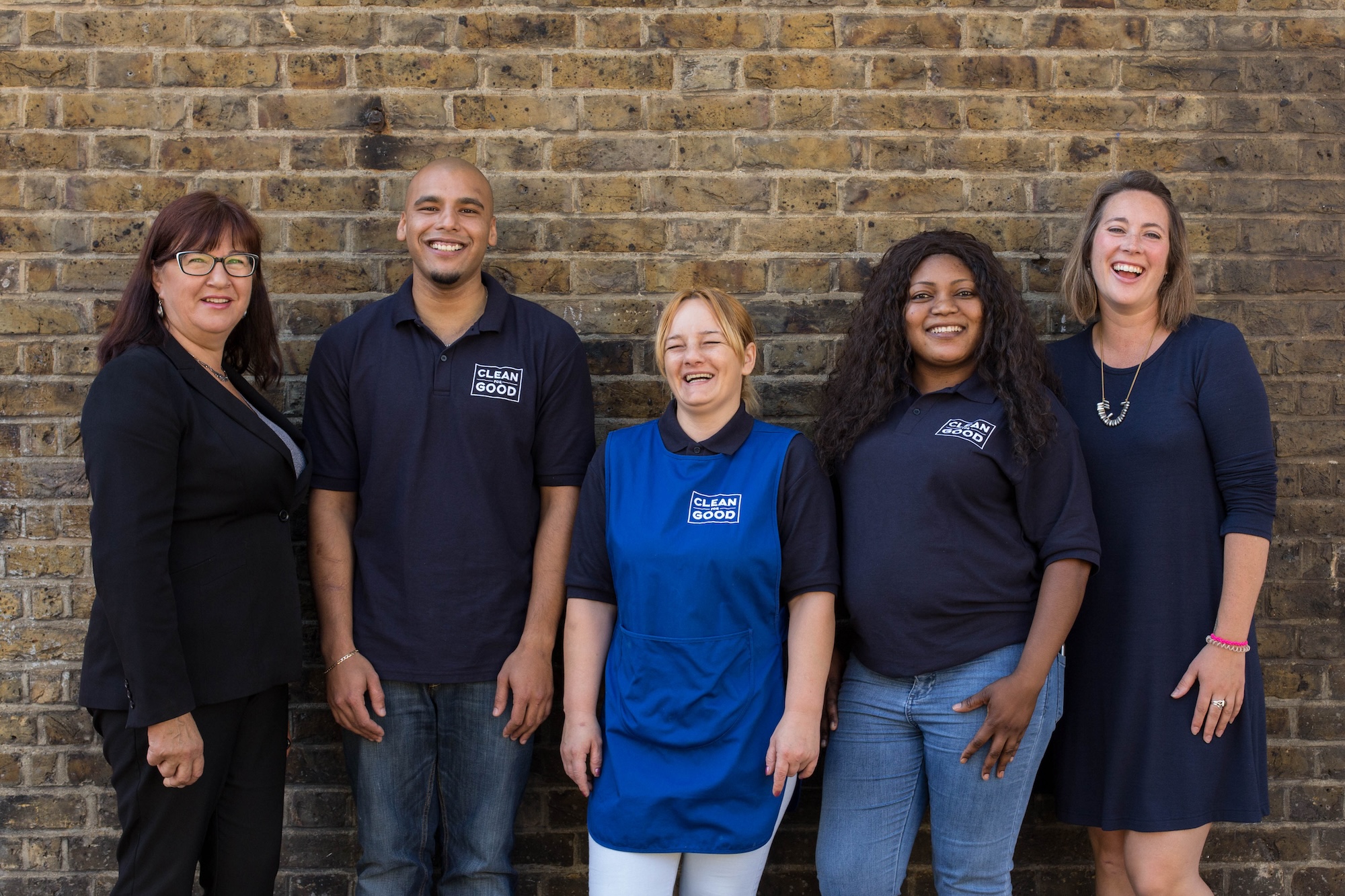Social enterprises are leading the way in creating good quality jobs in the UK, according to the sector’s representative organisation, Social Enterprise UK.
A report published today, Good Work: Working conditions in social enterprise, highlights that social enterprises provide around 2.3m jobs nationally. Many of these jobs introduce unemployed people into work, and social enterprises also hire more women and people from minoritised ethnicity backgrounds than other businesses.
Social enterprises are leading the way in creating jobs that generate better social and economic outcomes across the country
Social enterprise employers are more likely than other businesses to pay better, offer training, involve employees in organisational decision-making, and retain staff, says the report.
Dean Hochlaf, Social Enterprise UK’s head of policy and research (pictured), said: “Good quality jobs that many social enterprises are providing are the foundation of a stronger, fairer economy. From decent wages that give staff financial security, to investment in training and development that boosts productivity, our new research shows how social enterprises are leading the way to create jobs that generate better social and economic outcomes across the country.”
Pointing out that the country’s newly elected Labour government intended to prioritise improving working conditions, he added: “As Labour looks to implement a ‘New Deal for Working People’ it is crucial that they look to social enterprises demonstrating good practice within the business community. We know that good jobs are good for business, and the experience of social enterprises and their workforces should be heard.”
The report expands on analysis carried out for Social Enterprise UK’s most recent State of Social Enterprise survey which was published in 2023, augmented with additional data.
One of the aspects of employment that the report examines is the rate of pay given to employees. In the UK, the Living Wage Foundation calculates what it regards as the minimum hourly wage necessary to meet basic living costs which it calls the ‘Real Living Wage’. This is currently £12 an hour in the UK and £13.15 in London. The National Living Wage, which is calculated by the government, is £11.44 an hour across the entire country.
Key findings include:
- Social enterprises employ 2.3m people across the UK
- 58% of social enterprise employers report that at least half of their workforce is women
- 10% of social enterprise employers report that at least half of their staff are from an ethnic minority background
- 27% of social enterprises create employment opportunities as one of their core social objectives
- 55% of social enterprises recruit people from disadvantaged, marginalised or vulnerable groups, including ex-offenders, refugees and people with a history of substance abuse
- 84% of social enterprises report paying the Real Living Wage, compared with an estimated 11% of employers across the wider economy
- 77% of social enterprises report providing formal or informal training opportunities, compared with 60% of other businesses
- 38% of social enterprises include employees on their boards
The research is based on interviews with 747 social enterprises, and the figures above refer to social enterprises with paid staff, which made up 67% of the total sample.
Header photo: team members at Clean for Good, a social enterprise based in London which pays the Real Living Wage to its staff
Thanks for reading our stories. As an entrepreneur or investor yourself, you’ll know that producing quality work doesn’t come free. We rely on our subscribers to sustain our journalism – so if you think it’s worth having an independent, specialist media platform that covers social enterprise stories, please consider subscribing. You’ll also be buying social: Pioneers Post is a social enterprise itself, reinvesting all our profits into helping you do good business, better.

